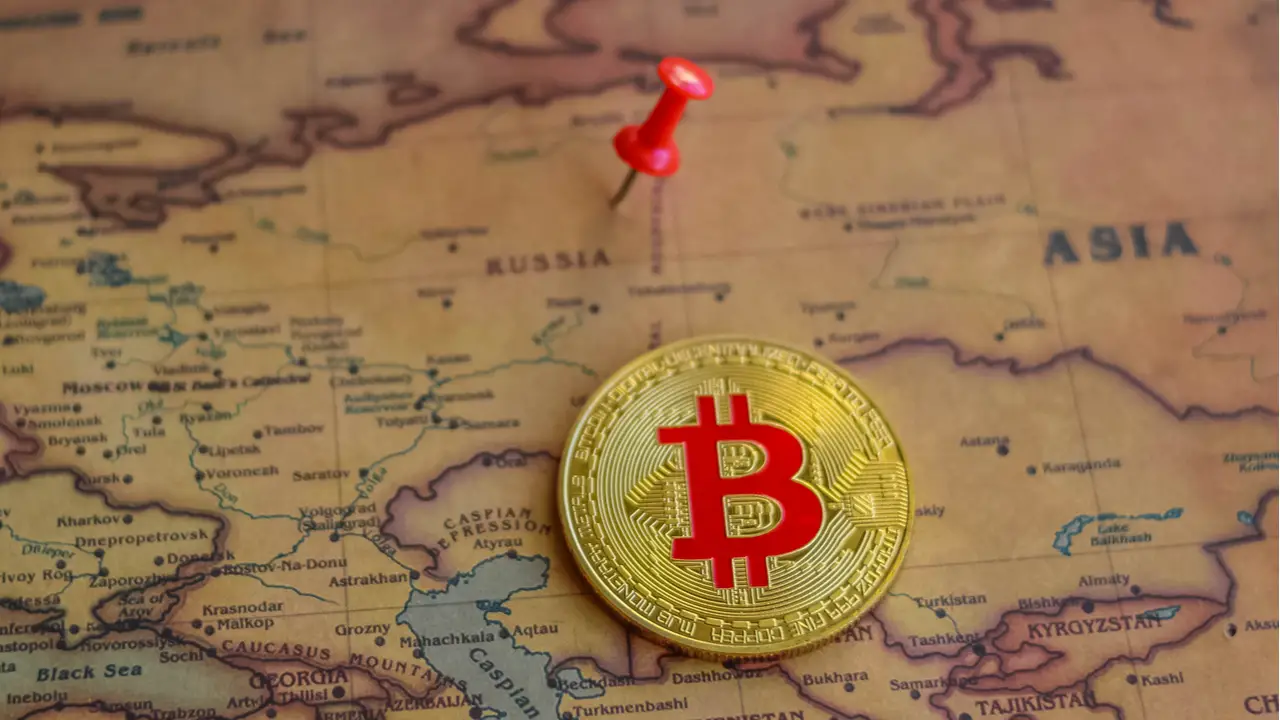The Russian Ministry of Economic Development (RECD) has announced that it will reduce Bitcoin mining taxes by a substantial amount in the region.
Izvestia, a local news source, announced the new plans of the Kremlin administration to boost mining investment in the area by identifying ideal sites with electricity surplus designated for cryptocurrency miners. Experts have dubbed the transition as one of Vladimir Putin’s key strategies for benefiting from the cryptocurrency industry.
Russia to reduce taxes on Bitcoin mining
As the legislative arm advances toward the objective of drafting a comprehensive crypto regulation framework, it’s difficult to say whether the government will follow its provisions. Vladimir Putin, however, has been steadfast in his desire to centralize and regulate all sorts of cryptocurrencies that might be generated or traded within Russian jurisdiction.
It’s also believed that the new legislation bans popular exchanges and data analysis platforms like Coinbase, FTX, and Chainalysis because the government is worried these businesses might be used as data mining tools to gather information on Russian nationals

Russia has already emerged as a potent force in the cryptocurrency market. According to reports, over 12 million cryptocurrency wallets have been created in Russia alone, containing roughly 2 trillion rubles. Russia presently ranks third worldwide in terms of mining capacity and has been compared to the next mining paradise after Kazakhstan began cave-in due to electricity supply capacity constraints caused by mining activities.
Digital Ruble might be on its way
Despite the risks that have been frequently mentioned about crypto, Russia is well aware of the potential advantages. Vladimir Putin has frequently stated that crypto may be utilized to allow for international trade and circumvention of currency limitations as a country heavily tatted with global sanctions.
Chinese dominance in global CBDCs may be explained by the fact that it has effectively kept foreign crypto influence out of its economy. In any case, both China and Russia will have to compete with the US CBDC, which recently demonstrated 1.7 million transactions per second speed in a test exercise.





